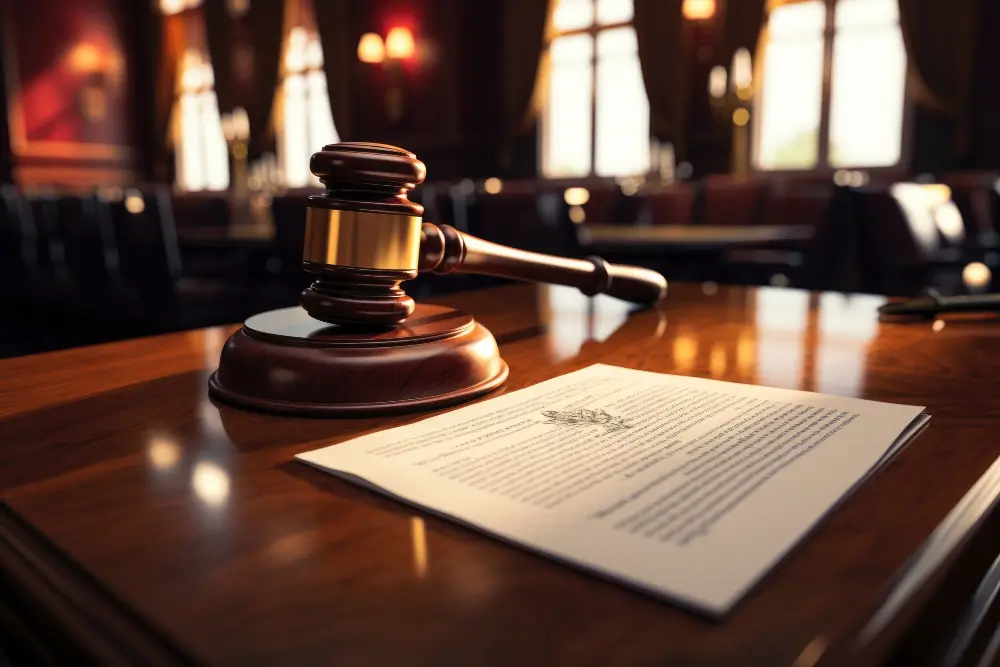Debt Relief Orders Remain at Record Levels
Debt Relief Orders (DROs) are a lifeline for many individuals struggling with debt in the UK. In 2024, they have surged to record levels, offering relief for those with limited income and assets. This blog post explores why DROs are at an all-time high and answers some common questions around them.
What is a Debt Relief Order (DRO)?
A Debt Relief Order (DRO) is a type of debt solution available in the UK for people with low income, few assets, and limited disposable income. It is designed to help individuals who cannot afford to pay their debts by freezing repayments and interest for 12 months. After this period, if the individual’s financial situation hasn’t improved, the debts covered by the DRO are written off. A DRO can be a viable alternative for those who do not qualify for more formal insolvency solutions like an Individual Voluntary Arrangement (IVA) or bankruptcy.
Key Features of a DRO:
- Debts are frozen for 12 months.
- If no changes in financial circumstances occur, the debt is written off.
- Ideal for individuals with debts under £30,000 (current limit) and minimal assets.
Why Have DROs Reached Record Levels?
As of September 2024, DRO registrations have soared to unprecedented numbers. The statistics are clear:
- In August 2024, DRO registrations were nearly double the long-term monthly average.
- In September 2024, the number of DROs increased by 91% compared to the long-term monthly average.
What is Driving This Surge?
- Removal of the £90 Fee: One of the most significant changes in 2024 was the elimination of the £90 application fee for DROs, making them accessible to more people struggling with financial difficulties.
- Expansion of Eligibility Criteria: Earlier in 2024, the UK government extended the eligibility criteria, allowing a broader group of people to qualify for a DRO. This included raising the asset and debt thresholds, making it easier for those with modest financial struggles to seek relief.
Who Can Benefit from a DRO?
DROs are specifically designed for people with:
- Low or no income.
- Debts under a specified threshold (currently £30,000).
- Few or no valuable assets.
- Minimal disposable income to contribute to debt repayments.
This makes DROs particularly suitable for individuals who have no realistic way to pay off their debts and need a fresh start.
What Are the Downsides of a DRO?
While a DRO can be a relief for many, it comes with certain consequences and limitations:
- Credit Impact: A DRO stays on your credit report for up to six years, which can negatively affect your ability to obtain credit or loans during that time.
- Banking Restrictions: Opening a new bank account during the DRO period can be challenging, and some banks may impose restrictions on your existing account.
- Financial Restrictions: During the DRO period, you must adhere to specific restrictions, such as not borrowing more than £500 without notifying the creditor. Failing to follow these rules could have legal consequences.
How Does a DRO Work?
- Application: You must work with an approved intermediary, such as a debt adviser, to apply for a DRO. They will assess your eligibility and submit the application to the Insolvency Service.
- Freeze Period: If approved, a DRO will freeze your debts, interest, and charges for 12 months, giving you time to stabilize your financial situation.
- Debt Write-Off: After 12 months, if your financial situation has not improved, your debts included in the DRO are written off, providing a fresh start.
Is a DRO the Right Choice for You?
A DRO can be an excellent option for individuals with severe financial challenges, but it’s crucial to understand the implications. It’s best to speak with a qualified debt adviser to explore all your options. They can help you weigh the benefits against the potential drawbacks, considering how a DRO may impact your future financial decisions.
Conclusion
Debt Relief Orders are currently at record highs, reflecting the changing landscape of debt relief in the UK. With the removal of the application fee and expanded eligibility, more individuals now have access to this valuable tool for managing unmanageable debt. However, understanding both the benefits and consequences is key to making an informed decision.
For more guidance on whether a DRO is the right solution for your situation, contact MyDebtPlan today. Our team are here to provide tailored advice to help you navigate your financial journey.






